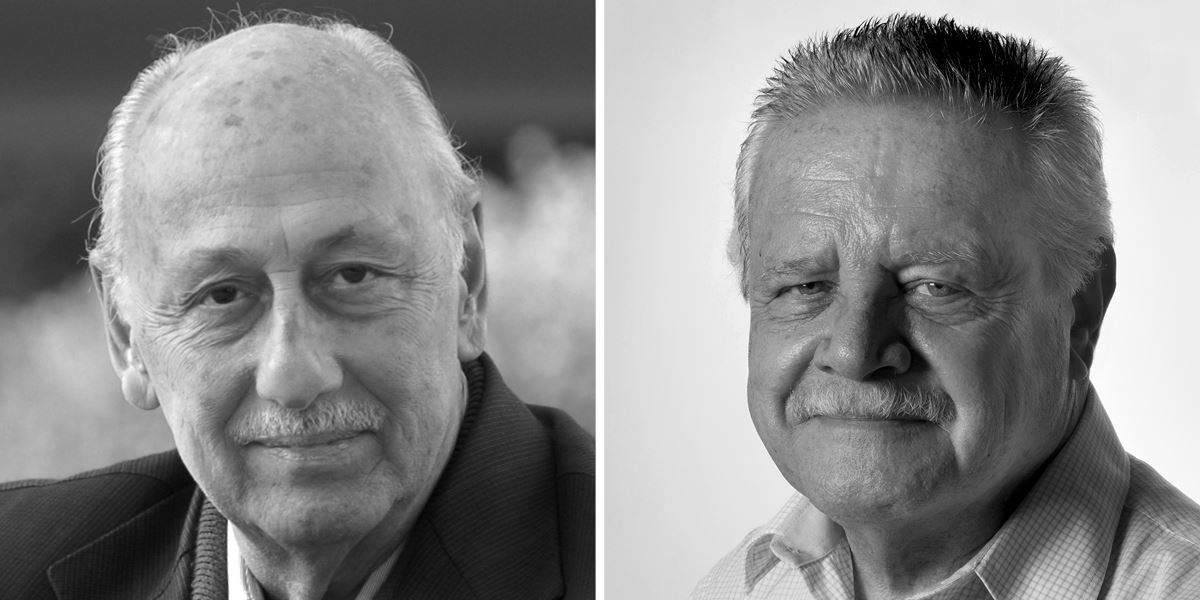In August, biochemist Walter Colli and parasitologist Erney Plessmann de Camargo became the most recent professors emeriti at the University of São Paulo (USP). The honor was approved by the University Council on March 9 this year, at which time the writer and essayist Antonio Candido de Mello e Souza, from the School of Philosophy, Languages and Literature, and Human Sciences (FFLCH), was also posthumously awarded the title. Only 20 people have been named professor emeritus in the university’s 87-year history. Colli graduated in medicine from USP in 1962—during his degree, he was a monitor at the laboratory run by physician and biochemist Isaias Raw. Colli attributes his successful career to the good public schools he attended from elementary to higher education. “I feel that for me, the State fulfilled its role. This should have been and continue to be the case for everyone,” he said after he was bestowed with the honor at a ceremony on August 10. A specialist in the interactions between the parasite trypanosoma cruzi (which causes Chagas disease) and the host cell, Colli estimates that he has taught roughly 6,000 students over the course of 50 years of teaching. He was director of USP’s Institute of Chemistry (IQ) for two different periods. He also headed the Butantan Institute, the Brazilian Association of Synchrotron Light Technology—now known as the Brazilian Center for Research in Energy and Materials (CNPEM)—and USP’s Institute of International Relations. He presided over the Brazilian National Biosafety Technical Commission (CTNBIO) and the São Paulo State Academy of Sciences, in addition to being a member of the FAPESP Board of Trustees and the FAPESP scientific board’s advisory panel. Camargo graduated in medicine in 1959, earned a doctorate from USP’s Ribeirão Preto School of Medicine (FMRP), and did a postdoctoral fellowship at Institut Pasteur in Paris. For 15 years, he has been investigating the diversity, classification, and evolution of trypanosomatidae, the family of protozoa to which the T. cruzi belongs. Like Colli, he directed the Butantan Institute and was president of CTNBIO, in addition to having headed the Brazilian National Council for Scientific and Technological Development (CNPq). He was a professor at the Federal University of São Paulo (UNIFESP) and USP, where he remains a senior collaborator. He presided over the Zerbini Foundation, which is part of USP’s Heart Institute (InCor), and is a member of the Board of Trustees of the Oswaldo Cruz Foundation (FIOCRUZ). “In my 45 years at USP, the university educated me and introduced me to the Brazilian and international intelligentsia,” he said at the honorary ceremony on August 17. “Here, I met and interacted with renowned intellectuals. But, much more than having given me these friends, USP paid me for many years to do exactly what I love to do and what I do to this day, as a senior professor and researcher.”
RepublishNotes
New professors emeriti at USP

Colli (left) and Camargo: dedication to research and scientific policy
Marcia Minillo | Eduardo Cesar

